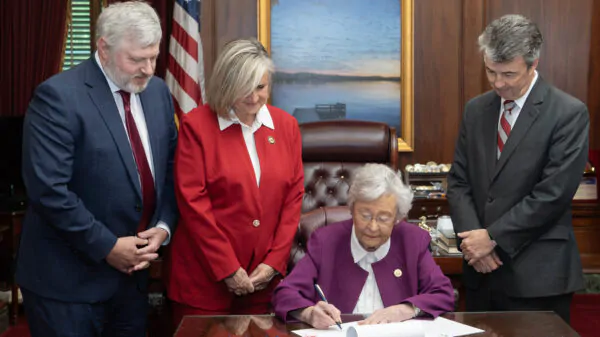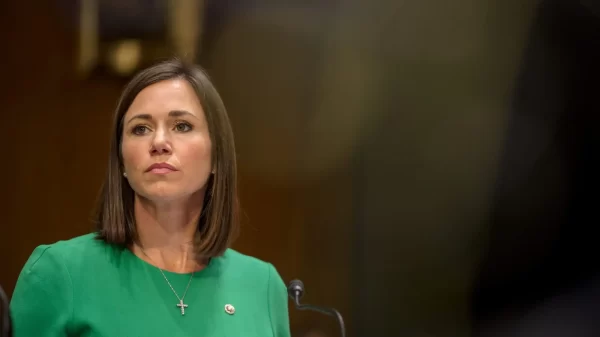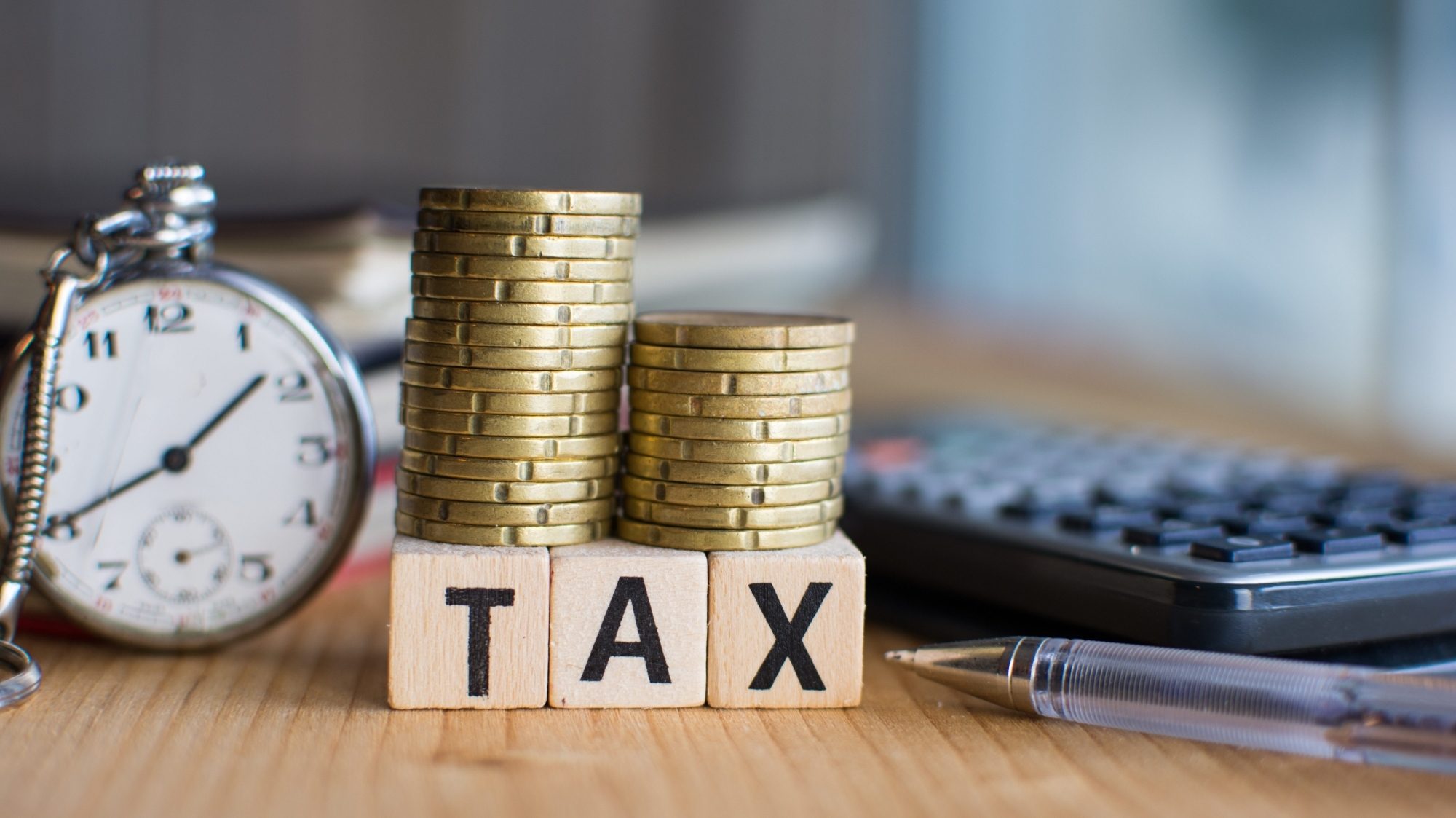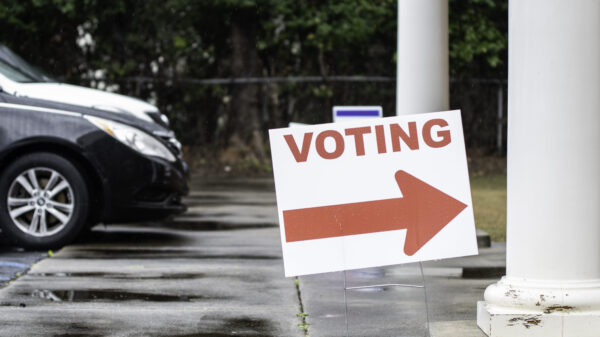A bill that would have shielded Alabamians’ cryptocurrencies failed to pass the Alabama House of Representatives on Thursday. House Bill 372 was sponsored by state Rep. Andrew Sorrell, R-Muscle Shoals.
Under current Alabama law, Alabamians do not pay ad valorem (property) taxes on a number of asset classes. These include financial assets: cash, bonds, and stocks; but also includes cotton, family portraits, livestock (including horses and mules), agricultural commodities grown in Alabama, tractors and farm equipment, coke, pig iron, industrial goods owned by a factory produced in Alabama in the last twelve months, tools, family provisions, clothes, religious books and library books.
HB372 would have formally added cryptocurrencies, digital currencies, to that list of assets that are shielded from paying ad valorem taxes.
While the U.S. Dollar remains the world’s reserve currency, it is not backed by gold, silver, land or anything of any intrinsic value. The United States government has not produced a balanced budget in over 30 years. Income taxes, corporate taxes, payroll taxes, tariffs, rents on federal lands, oil and gas leasing, fines and fees, etc. only brought in $3.3 trillion in 2016. The U.S. spent almost $3.8 trillion.
The budget deficit, even in a “good year,” was $506 billion. This was paid for by deficit spending and artificially increasing the money supply. Federal spending in 2020 soared as the federal government tried to shield as many people as possible from the worst economic effects of the global COVID-19 pandemic. The U.S. debt meanwhile has soared from $19.4 trillion in 2016 to $28 trillion today. All of this tends to be inflationary.
“The dollar has lost 99 percent of its value since 1913,” explained Sorrell.
Since the U.S. government is sitting on a mountain of debt, and because it is viewed as good public policy to allow as many Americans as possible to own homes, start businesses, or borrow money for college; the federal government has been artificially keeping interest rates as low as possible.
The ten-year U.S. Treasury note is currently paying just a 1.6 percent return. Inflation for 2021 is growing at an annualized rate of 1.7 percent, but it was 2.3 percent in 2019 (pre-pandemic). Since interest rates are usually at or below the ten-year treasury, this means that money in a traditional bank savings account is typically losing buying power even as it accumulates interest.
For this reason, and due to the growing possibility that we could see higher inflation in the future, means that many people and corporations have converted a portion of their savings into cryptocurrencies as both a hedge again further erosion in the dollar as well as for speculation.
The largest and most accepted of these new digital currencies is Bitcoin.
“Bitcoin was started by Satoshi Nakamoto in 2008,” Sorrell said. “You can buy bitcoin on Paypal, CashApp, or even use it to buy your new Tesla. Elon Musk and Tesla have purchased $1.5 billion worth of bitcoin, and software company MicroStrategy has bitcoin holding in excess of $5 billion.”
Sorrell, a pawnshop and gun store owner, said that his business will accept cash, bitcoin, gold, silver and even trades as the customer prefers.
The amount of money that is currently is parked in Bitcoin is in excess of $1 trillion. The top ten of these new digital currencies are Bitcoin with a market cap of $1,044 billion, Ethereum $208 billion, Binance $39.6 billion, Tether $38.6 billion, Cardano $33.5 billion, Polkadot $31.8 billion, XRP $21.8 billion, Uniswap $15.3 billion, Litecoin $13.6 billion, and Chainlink $11.6 billion. By comparison, the Alabama House just passed the largest state general fund budget in state history, and it was $2.4 billion.
Sorrell said that it was important to “Reassure anyone who owns cryptocurrency or is thinking about owning cryptocurrency that they will never be taxed simply for owning them and storing them in a digital wallet or cold storage.” Sorrell said that Wyoming passed this bill three years ago and have already lured the second-largest cryptocurrency exchange in the world, Kraken, to headquarter there. Ripple has also just opened their headquarters in the cryptocurrency-friendly state.
One state legislator asked, “What is wrong with the money we have got?”
Another said that poor people don’t own cryptocurrencies and that he represents poor people.
Others questioned the wisdom of the cryptocurrency movement.
After extensive debate, an opponent introduced a motion to reconsider the Budget Isolation Resolution, which had already passed. The second BIR vote failed, ending debate.
Reporters asked Sorrell if high network individuals should now consider relocating to Florida or another state for fear that the state of government could administratively start taxing their cryptocurrency savings.
“They can’t do it administratively,” Sorrell said. “It would have to come from here.’
Sorrell said that the bill was not voted down and that he was committed to working with both the minority caucus and the House GOP caucus in order to get HB372 passed.
Digital currencies are currently not charged with ad valorem taxes in Alabama. There are presently 4,336 cryptocurrencies being traded in the world. The top 100 of these all have a market cap in excess of $544 million each.




















































